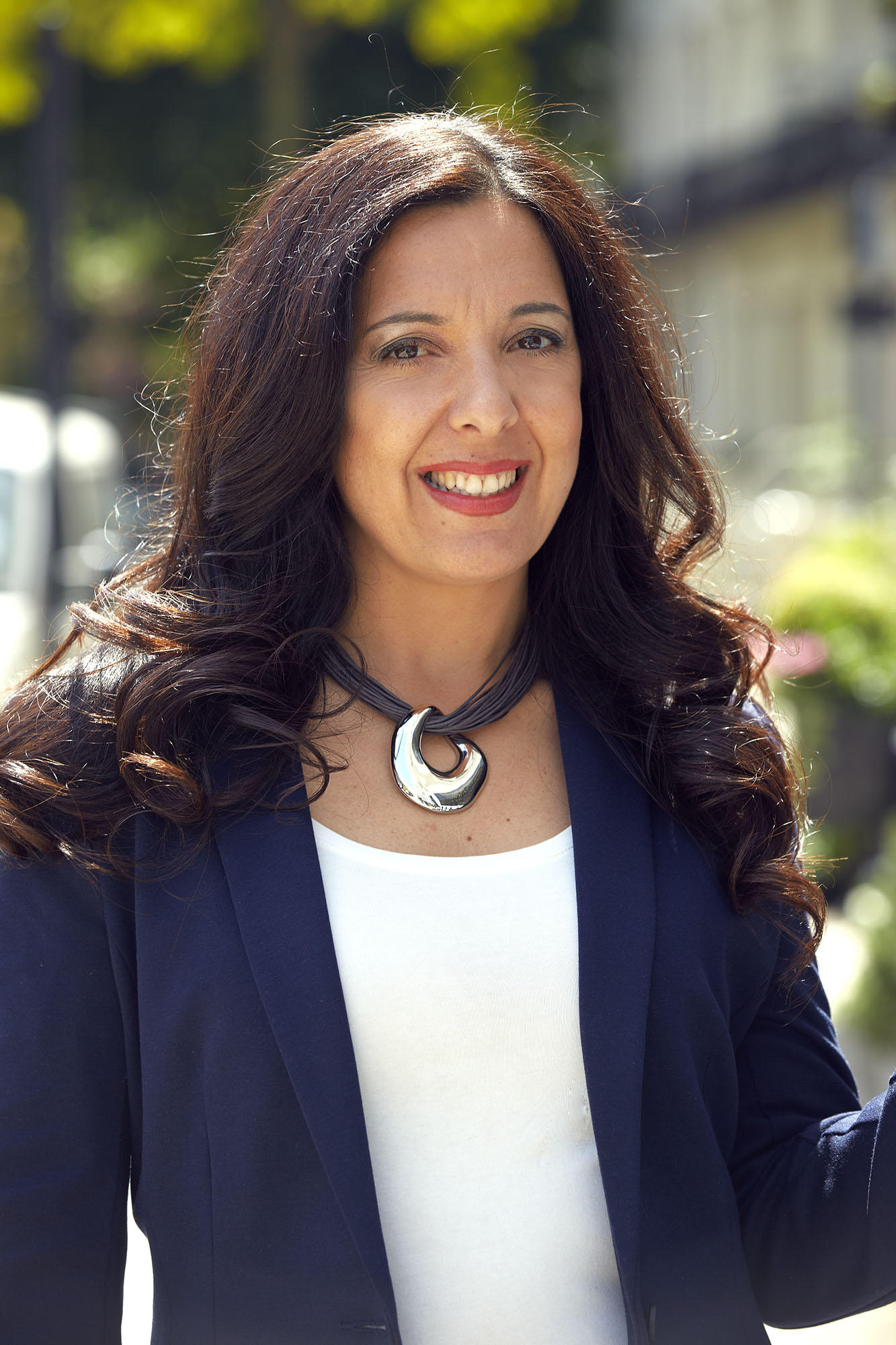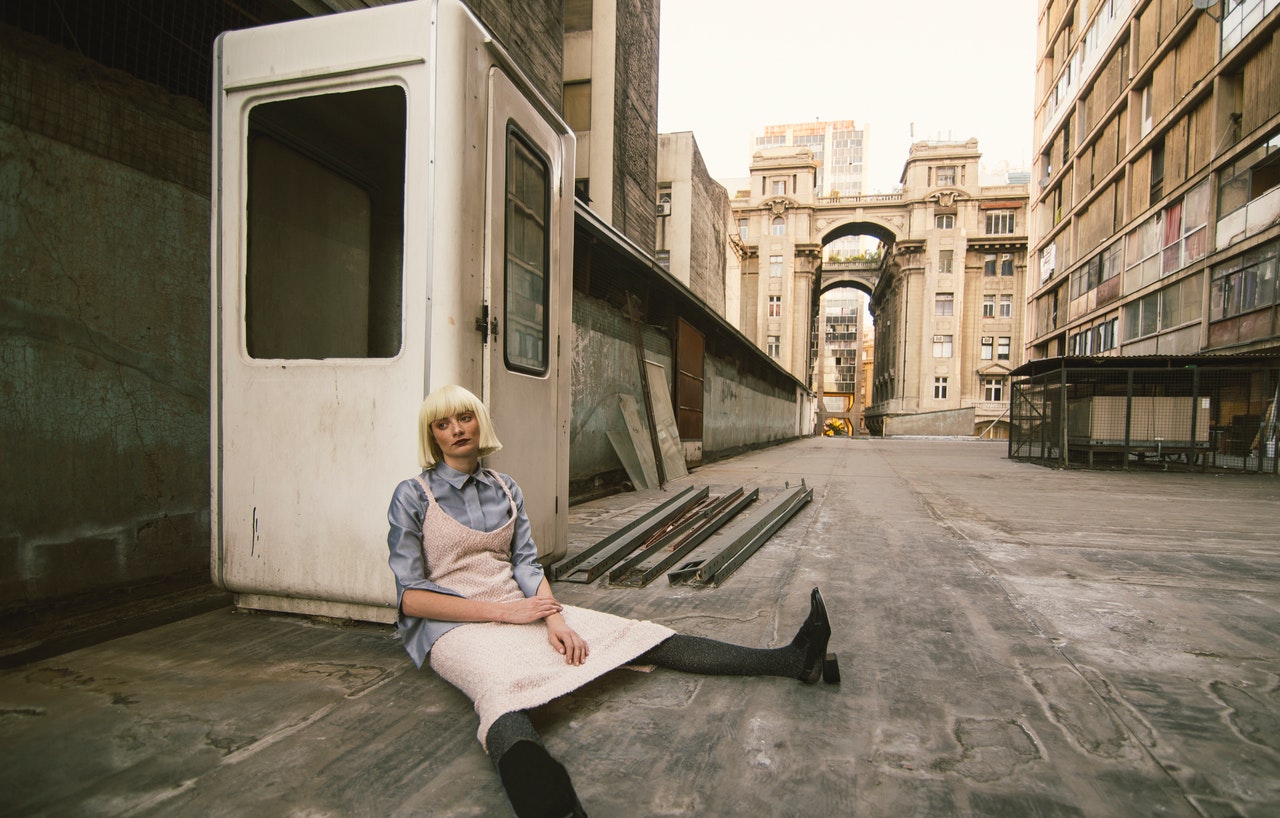I was on holiday with family in the Middle East a few weeks ago and was pleasantly surprised at how enjoyable my trip had been.
My surprise stemmed from the fact that I took the same trip a few years earlier and had not enjoyed any element of it. This had been tainted with endless frustrations with the country we were staying in and the people I had chosen to travel with.
By complete contrast, this time, I arrived in the same city, with the same people I travelled with previously and had the best 10 days I’ve had in a long time.
What had changed?
There was one thing I had refused to pack this time.
The baggage of expectations.
I arrived on my trip with no demand that the culture and it’s people were to deliver more warmth and finesse than they generally do. After all, this is the Middle East; a country which is more interested in survival than in exercising politeness. It’s not a Victorian stiff upper lip culture, and therefore I dropped my demand that it should be so.
In return, each time I was rewarded with a smile from a restaurant owner or shopkeeper, it was a bonus of the highest degree, and I learned to love this. I saw beneath the exterior hardness in ways I had never been able to do previously.
I spent quality time with my kids and expected no more from them than to enjoy our holiday together creating memories. This, in turn, created effortless fun and spontaneous laugh out loud moments.
I dropped the notion of how things ‘should be’ and totally aligned with ‘how things are.’
It’s baffling to me how when we eliminate expectation from our experiences, we lift a whopping big barrier to connection. We are then free to be with an experience wholeheartedly and from that place, decide how to proceed.
Expectations touch on the ‘unsaid’ but very much ‘felt’ elephant in the room.
It can rear its ugly head on holidays, at work, with clients, with family and in personal relationships. More often than not, you have people living their relationship through the filter of each other’s expectations, rather than reality.
It carries a juvenile thought process that possibly dates back to a childhood need that was never met initially, therefore as you grow up, you continuously reach out to others to provide the lifeline you need.
The great big cousin of expectation is ‘assumption’ and this tends to go hand in hand in the arrangement.
The assumptions we have, feed the monster of ‘expectation.’
I have coached and worked with people for almost 20 years, and most of the time, my client’s frustration almost always stemmed from blaming others for their situation. Expecting their husband, wife, partner or parent to be different, there is the belief that once this miraculous change happens, all will be fine.
That’s a huge responsibility to land another person. It’s as if you’ve given someone a full-time job to make you feel okay, without even telling them. But boy will they feel it. Yet it’s no one’s job but yours, to take responsibility for meeting your own needs.
Those who exert the most expectation of others are the toughest people to be around; more so because they are so difficult to please. We all know people like this; family members, work colleagues or friends, whatever we do is never enough, as their insatiable need to be satisfied has no endpoint but to demand constantly.
Imagine how many business partnerships and marriages would have been saved or not even started if each party could have openly and honestly laid out a complete list of what they expected. Then the other party could have been upfront about whether they could keep to it, before commencing a process which then becomes messy to dissolve.
The reality is that we fall in love with the content of our imagination and allow ourselves to run away with it as one runs away with a lover.
It is passionate, intense, yet short-lived — no one can match what the imagination provides. This leads to another huge emotion which often weighs us down immeasurably just after our expectation has not been met.
It’s Disappointment.
This fuels our frustration further and when the (unspoken) expectation isn’t met, we take it personally. We might believe we are entitled, yet no one owes you anything.
Think about a time when you had an expectation on a situation, and when it’s not been met, frustration builds and bubbles up like the volcano in Mount Vesuvius. By the time you’re ready to face the issue, it manifests as an explosion. This has all been brewing in your mind for weeks, months, and perhaps even decades.
We see this in businesses dissolving, relationship separations and divorces which seem to happen ‘suddenly.’
I’ve got news for you; there was never a sudden moment. There was a build-up of the ‘unspoken’ moments that can no longer be contained, like a toxic force that destroys everything in its path.
A tornado of sorts.
Yet lowering your expectations doesn’t mean compromising your standards.
It means raising the bar on gaining more peace of mind and less disappointment.
It also does not mean tolerating uncomfortable and awful situations for fear of rocking the boat or giving yourself over to a situation without creating boundaries and stating your needs. It just means meeting a situation eye to eye, just as it is.
We don’t tolerate less or allow people to treat us badly, it’s about being honest and with the lens of compassion, love and understanding, reflecting on which situations we need to let go off and which deserve our time, energy and effort.
This is the mature, adult way of relating to it.
Think about an expectation you currently have that isn’t being met;
Ask yourself,
Where are you misreading a situation, and how much energy and time is this adding to your day?
If it’s at work, where are you contributing to the status quo and can you shift from expectations to creating agreements with your employees or colleagues?
If it’s in a personal relationship, can you take your rose filtered glasses off, and see the situation for what it is, being honest with what you want to tolerate, and make a choice from a more honest state?
If it’s with your clients, how can you refine your leaderships stance, so that you can create clearer boundaries and meeting their expectations with them?
I have found that the more I can be with a situation without placing it through the filter of expectation, the calmer and happier I am. The more I enjoy experiences, and more time I have to look within to take responsibility, rather than looking to others to satisfy my needs.
Not getting carried away with my imagination and releasing expectation allows me to release the burden on others, this is freeing both for them and for me. Making my experiences lighter, more effortless and enjoyable.
If you liked this article, you can read more chapters like these in my latest book ‘Look Inside: Stop Seeking Start Living’ available now on Amazon.
If you want to connect with me to share insights from this article, send an e-mail to [email protected]


